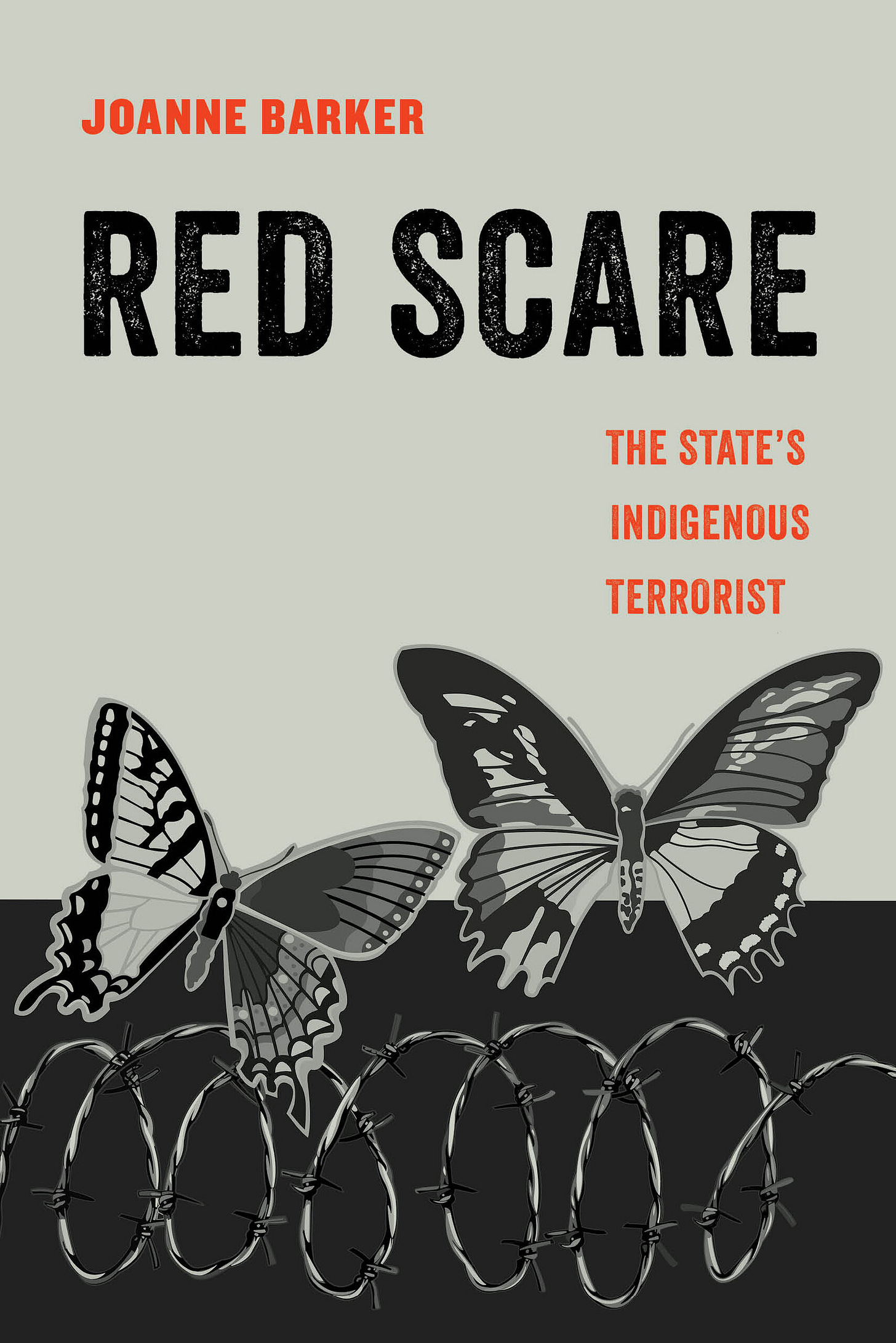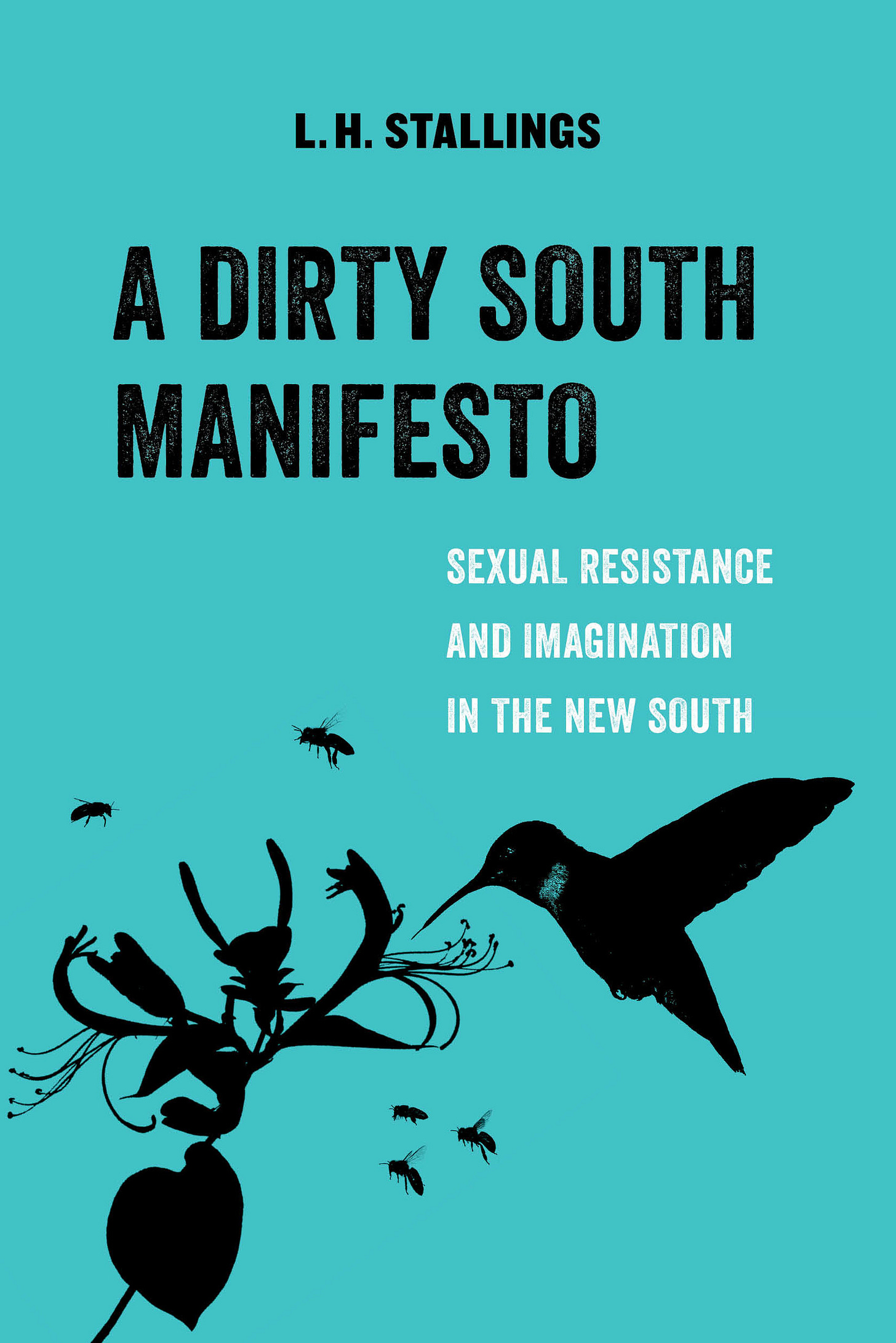When I teach the introductory course for new American Studies graduate students at NYU, I tell them this is a refugee field, full of scholars trained in but fleeing the disciplines. We flee not only because our work is interdisciplinary, but because so many of us seek to address wider publics and not just the scholars in our various specializations. At our best, we train intellectual activists who might become professors, but who may also pursue a wide variety of other goals—as organizers, film makers, artists or writers in many genres. At our best, our work in transnational, intersectional and critically engaged with social movements.
It didn’t start out that way. American Studies began as a Cold War American exceptionalist/nationalist project, then evolved into a collection of Americanists located mostly in departments of English literature. By the 1970s, the field began to interact with various movements and student insurgencies, collaborating with new programs in women’s and gender studies, African American studies, ethnic studies, indigenous studies and disability studies. This was a slow and conflict-ridden shift, but by the 21st century, American Studies was deeply aligned with critical left, anti-capitalist, radically democratic projects inside and beyond the university.
In 2013 when the American Studies Association endorsed the cultural boycott of Israel, our national council was more than half scholars of color, and included a majority associated with queer/feminist projects. Curtis Marez was president of the ASA that year, and I was next in line to assume that office. We were the targets of widespread, high profile attacks in the press and in state legislatures and Congress. We were threatened and sued (one lawsuit is still active but greatly weakened, probably failing). Our hate mail file became both alarming and hilarious. We nonethesless expanded (both individual and institutional memberships increased), and raised more money than ever before in a single year. For me, personally and professionally—it was my proudest moment. I was privileged to associate with so many academics and activists that I deeply admire, who work in solidarity for Palestinian freedom, and I learned more in that year of my ASA presidency that I have in any year before or since.
In the spirit of that moment, Curtis Marez and I inaugurated a book series with University of California Press editor Niels Hooper—American Studies Now: Critical Histories of the Present. We have now published more than a dozen short, accessible books designed for broad publics on a range of issues at the core of the field of American Studies now. Our newest publications include Geo Maher’s Anti-Colonial Eruptions: Racial Hubris and the Cunning of Resistance, Joanne Barker’s Red Scare: The State’s Indigenous Terrorist, Alex Lubin’s Never Ending War on Terror and L.H. Stallings’ A Dirty South Manifesto: Sexual Resistance and Imagination in the New South. These are building on our earlier “classics” such as Barbara Ransby’s Making All Black Lives Matter: Reimagining Freedom in the 21st Century, Jack Halberstam’s Trans*: A Quick and Quirky Account of Gender Variability, Macarena Gomez-Barris’s Beyond the Pink Tide: Art and Political Undercurrents in the Americas, A. Naomi Paik’s Bans, Walls, Raids, Sancturary: Understanding U.S. Immigration for the 21st Century, Julie Sze’s Environmental Justice in a Moment of Danger, Shelley Streeby’s Climate Change: World-Making Through Science Fiction and Activism, Rod Ferguson’s We Demand: The University and Student Protests, and Lázaro Lima’s Becoming Brown: Sonia Sotomayor and the Latino Question. We also published my own little tome, Mean Girl: Ayn Rand and the Culture of Greed. And we have forthcoming titles by Tavia Nyong’o on Afrofuturism and Afropessimism and Robert McRuer on disability politics.
Co-editing this series is one way for me to address the problem of how to make scholarship matter as the world burns. And the amazing cover colors and graphics make me happy.









